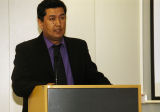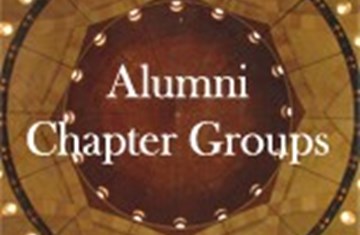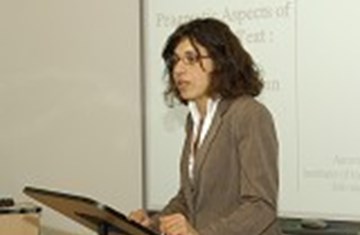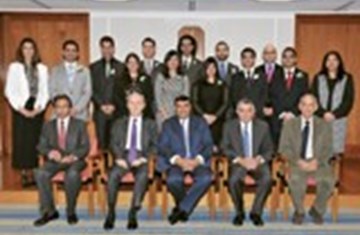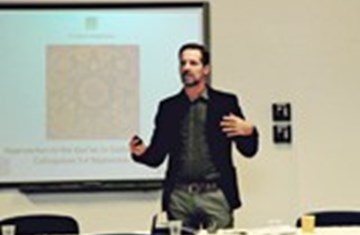IIS Alumnus Presents on History of Leadership and Authority in Tajikistan
Dr Mastibekov is a graduate of the Institute’s Graduate Programme in Islamic Studies and Humanities, who subsequently worked as a Research Assistant in the CAS project before being awarded an IIS Doctoral Scholarship to pursue his PhD. He worked under the supervision of the well known political scientist Dr Shirin Akiner.
In his introductory remarks Hakim Elnazarov, CAS Coordinator, noted that the notion of leadership and authority amongst Ismailis in Central Asia is a complex phenomenon which has not received due attention in Soviet scholarship. In the Soviet period, religious leadership was largely depicted within the prevailing Marxist ideological framework and treated as a remnant of old social structures. It was thus seen as an obstacle to social progress.
In the post-Soviet era, there is a growing scholarship on the history of the Central Asian Ismailis, particularly the role of community leaders during Russian and Soviet rule. Worldwide archives and library materials in various languages are now much more accessible for researchers. This is enabling a greater body of critical research on the Central Asian Ismaili community’s history in the modern period.
The presentation opened with a quote from Mohandas Gandhi who is believed to have said, “I learned from Husayn how to be wronged and be a winner; I learnt from Husayn how to attain victory while being oppressed.” It went on to discuss various leadership theories in Western scholarship where leadership is seen as the creative capacity to evoke the most positive capabilities and potentialities within ourselves and consequently within others. Culture is also seen as very important for leadership and must be supportive of it, for it to be effective. Leadership is also seen as playing a vital role in protecting people from calamities, following Michel Foucault’s ideas on the concept of power as an enabling force.
Dr Mastibekov’s work builds on extensive literature produced both in the post-Soviet space and the West as well as his own extensive fieldwork in Tajikistan between 2005 and 2007. Following Nasir Khusraw, who is traditionally considered to be the first pir in Badakhshan, Dr Mastibekov provided detailed descriptions of the position and the role of Ismaili leaders in Tajikistan during the periods of the Afghan invasion, which ended in 1895; Russian imperial rule (1895-1917); Soviet power (1917-1991); and the aftermath of the Soviet period (1991-1995).
Currently, Dr Mastibekov works in the Institute for the Study of Muslim Civilisation (ISMC) Library in London, UK.

